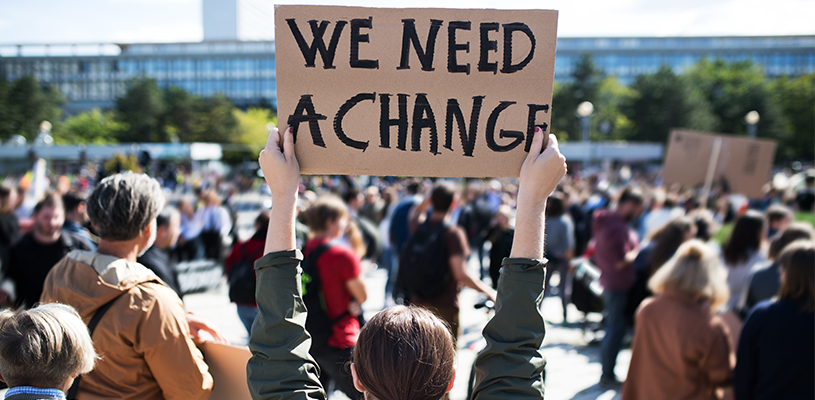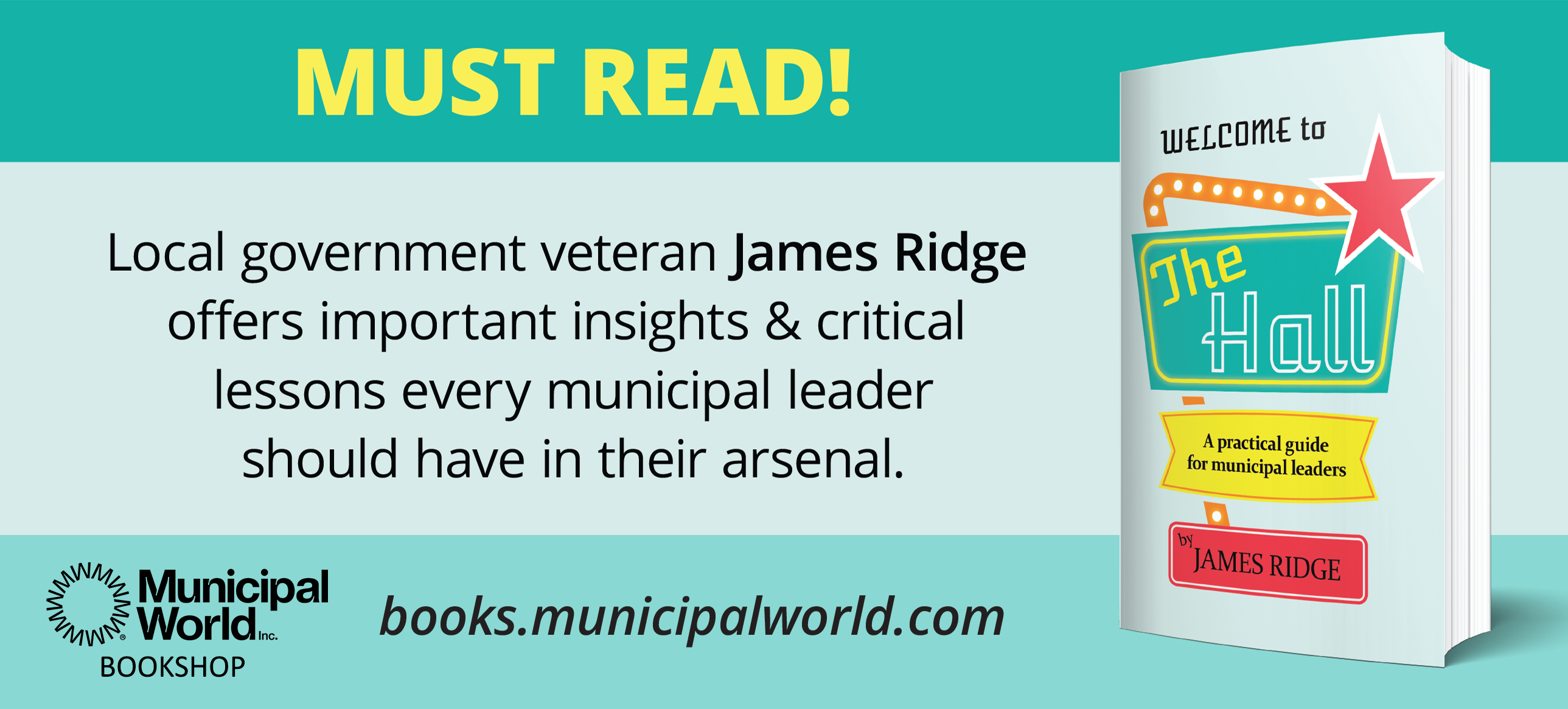Municipal leadership in the climate change fight

Municipal leaders and public servants have a duty to think about infrastructure and planning
David Miller has become a leading voice on climate change. In his book, Solved, Miller argues that the solutions needed to solve climate change exist at the municipal level. All they need is widespread adoption.
Miller, the former mayor of Toronto, is Director of International Diplomacy at the C40 Cities Climate Leadership Group. He shared his thoughts on the climate change fight with online delegates attending the 2021 Ontario Good Roads Association Conference.
“I’m often asked when I speak about the issue of climate change, why cities?” Miller said. “The answer is: it’s in our urban areas where people are, where the jobs are, and where the greenhouse gas emissions are. And from the perspective of climate change, of course, you’re going to address greenhouse gas emissions where they’re occurring.”
Global Problems, Local Solutions
The theories surrounding climate change often focus on the warming of the Arctic. This results in a corresponding impact that is on causing colder weather in the south. Wildfires in California and Australia have been linked to climate change. So too has the recent winter storms that led to power outages across Texas. The situation in Texas was complicated by a lack of infrastructure safeguards. These measures would protect against weather events that, while unlikely, were nonetheless possible.
“It was quite shocking,” Miller said. “In the context of climate change, and what we know about it, it is a very sober reminder of the duty upon municipal leaders and municipal public servants to think about infrastructure and planning in the context of these existential threats that are coming.”
Miller argues that these threats are best met at the municipal level. This is why, he concludes, the leadership of cities matters.
Consequences of an Urban Shift
Since 2009 – and for the first time since the dawn of human civilization – the world has become predominantly urban. More people are living in urban areas, cities, and towns than in rural communities. Miller said that this has caused some consequences and some correlated statistics. More than half of the world’s population lives in urban areas. About 80 percent of the world’s economy is in cities and towns. Seventy percent of the greenhouse gas emissions originate within urban settings.
So when people ask why the response of cities to climate change matters, Miller argues that the answers are found at the order of government most connected to people’s daily lives.
“Municipalities, in addition to being where the problem of climate change is, and in addition to being the kind of place that delivers concrete and real programs, are also places that work very directly with residents to solve their problems,” he said. “And it’s very clear from all of the polling and all the interactions with people in Canada, in Ontario in particular, people recognize the challenge of climate change and expect their political leaders to do something about it.”
Tools for the Climate Fight
But what can municipal governments do to combat climate change? Miller points to several municipal tools. There are financial supports for extensive energy efficiency retrofits. The added benefit of these is that they will also create a significant number of jobs. Also, over time, businesses and individuals will save money if their buildings are performing to the highest standards. At the same time, they will be reducing greenhouse gases as well.
Additionally, there are opportunities to invest in public transport to get more vehicles off the road. Municipalities also can also invest in the greening of their vehicle fleets. New York City, for example, has more than 12,000 electric vehicles in its fleet today.
Another significant place for investment, Miller said, is dealing with waste. The key thing about waste, he said, is that in places where they don’t separate wet waste, the methane will escape into the atmosphere. This is an extremely bad greenhouse gas. So, the separation of that waste and compost is particularly critical.
Miller said the key challenge is pushing the private sector to act on the longer run economic opportunity.
“The real obstacle is that the payback takes a few years and the private sector doesn’t want to wait for a return on its capital. In the public sector, the equations is much easier,” Miller said. “Over time, you’ll save significant money. There’s still some very interesting ideas from the big cities, which are more dense and rely more on public transport around greening transportation.”
Government Obligations to Lead
Some people still question the role of cities in fighting climate change. Miller argues that municipalities not only have the tools to act, but also an obligation. This is even more evident, since the COVID-19 pandemic has altered how people view government in general.
During the pandemic, people have expected government to lead. They’ve expected government to be highly competent. They’ve also expected government to be competent to lead and to do that almost instantly.
“People are going to expect government to show leadership. They’re going to expect government to be highly competent. And they’re also not going to be very patient,” Miller said. “They’re going to expect real action, not just promises for 2050. They’re going to expect action now. The kinds of things I’m talking about are visible to people. They can see them. They know they make a difference. And they require government leadership to be at their best.” MW
✯ Municipal World Insider and Executive Members: You might also be interested in Paula Lombardi’s article: Importance of municipalities in environmental protection. Note that you can now access the complete collection of past articles (and more) from your membership dashboard.
Sean Meyer is Senior Content Editor for Municipal World. During his 25-year career in journalism, Meyer has covered municipal politics in several small and medium-sized communities and gained an understanding of the structure and political framework of government.
Related resource materials:



